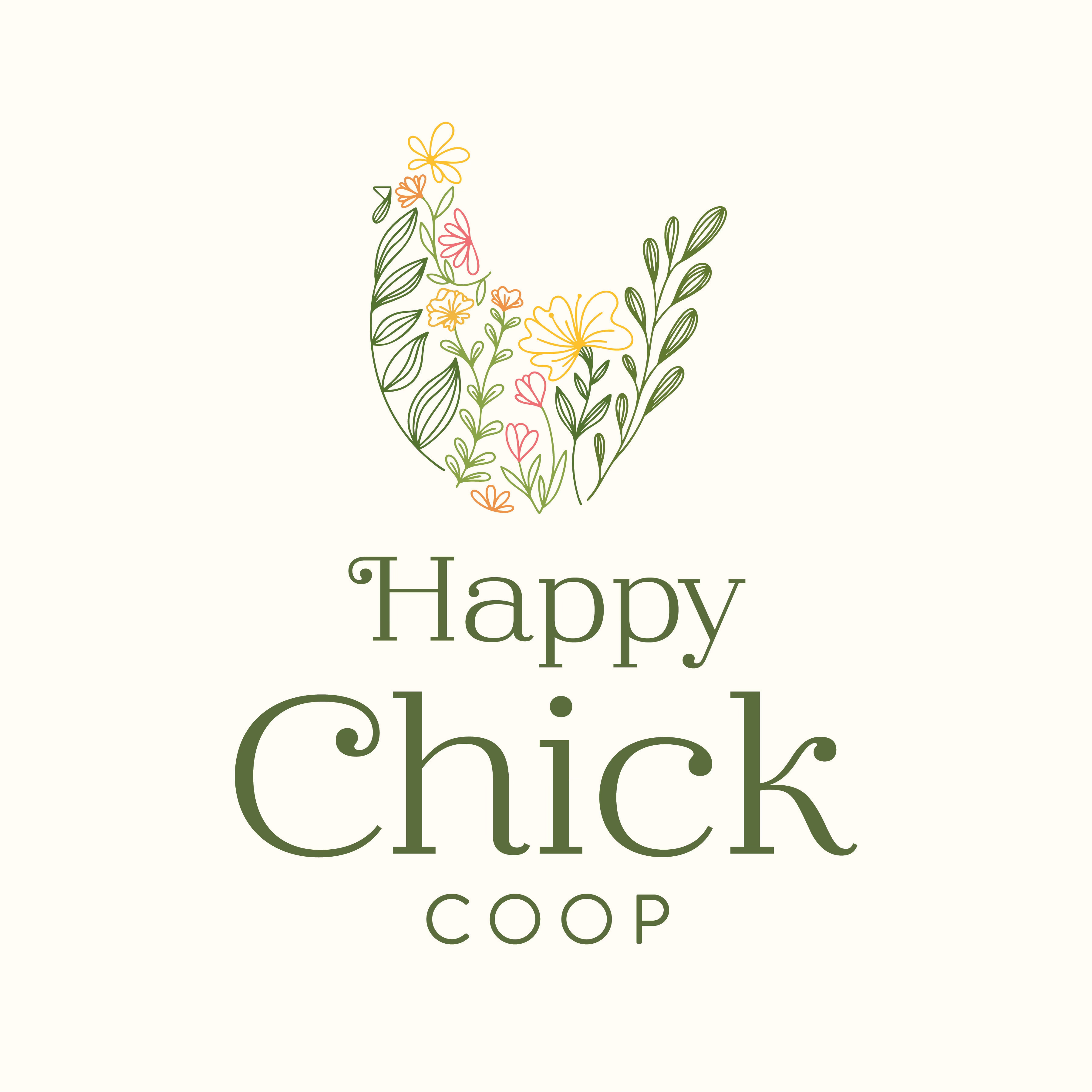Do Chickens need supplemental heat in the winter?
- Misty Schillaci

- Jan 9, 2023
- 4 min read
If you’d like the simple answer to this question… it’s no.
If you’d like the long answer… keep reading (I promise it won’t take long to explain)!
The long answer is still no but I will explain in more details as to why they don’t and how to help them be more comfortable during the winter.

Fiona & Loreena photo credits @happychickcoop
Let’s start with the basics of a chicken. Their core body temperature runs higher than ours. Say around 105-106 degrees F. Add that to their thick amount of feathers and down feathers plus their ability to warm themselves by fluffing out their feathers and they do quite well. They also love to snuggle up next to each other to keep warm. Have you ever noticed that they like to hang out in pairs?

Look at all that FLUFF! photo credits @happychickcoop
Now, there are days that I think that I need to restrict my chickens from going outside due to the cold temperatures – and yes there are days where they are safer inside (you know… like snow, sleet, hail and wind that will help them fly) – however I’ve learned to let the chickens regulate their outside activities instead of me stepping in. Most days, I leave their small door open on their enclosure so they can go in and out on their own. And while I do have some hens who just prefer to stay inside their warmer enclosures, I will still see a pile of them, laying out under their favorite sea grass just snoozing happily away. Acting as if it wasn’t 25 degrees outside!
Yes I’ve had heaters in my enclosures and in my coop. Gasp! I’ve even used red heater lamps – never will I ever again – but I have… in my early days of owning chickens. Red lamps cause fires. They are a fire hazard. PERIOD If you can, avoid even using red heat lamps in your brooders. Invest in a heat panel or brooder plate… I promise they are worth it. I’ve added heater panels to their enclosures during the day and I’ve yet to see a chicken use them despite my best efforts to show them where the heaters are. So, I removed them. Lesson here… they don’t need it.
So why do I say no to heated coops for chickens? First and foremost, it’s for their safety. For example: let’s say you heat their coop and have all winter. Then a cold front pushes through and knocks your power out for a few days. At that point, they are used to the warm temperatures and will likely not be able to adjust to the cold. Second, they really don’t need it. Chickens prefer to sleep outside, up in trees, despite the weather. They learn to adapt. Their bodies are built to withstand the climate and the elements.
So how can you help keep your chickens warm and comfortable during those long, hard winter days and nights?
It’s simple:
All they need is a dry, draft free, yet well ventilated coop and an area that they can get out of the harsh elements during the day. They also need access to clean water that is not frozen. That’s it! Seriously that’s it! Well that and I would highly recommend that you research and only purchase chickens that are suitable for your climate.

DIY Heated Water
Well there are a few other things that you can do to help them. Start by switching their feed to a higher protein diet. I like to use a 50/50 mix of layer feed + chick feed. You can also increase their protein by supplementing their diet with black oil sunflower seeds and if needed, dry cat food. A good scratch spread on the ground also encourages natural foraging activities which also generates heat for them.
A few other things… during the winter, many chicken owners switch to the “deep litter method” to help their chickens stay warm. This is great for large coops and enclosures – not so much for small coops. For small coops, I’d recommend using a litter that allows you to scoop their coops every day to help reduce the chance of moisture build up. You can use construction sand, coffee grounds (purchased at Rural King and Tractor Supply) or what I prefer to use is a product called Koop Clean (found here). I simply use a kitty litter scooper and it takes 5 min a day – if that!
Fun fact: Did you know that chickens adapt better to cold environments better than they do hot ones? In fact, chickens can easily perish of heat strokes and are less likely to die from the cold. The best thing you can do for them is to take the time to winterize their coops & runs in the fall and your chickens will thrive!

Eggs from my Blue Orpington – Leona (top) and Olive egger – Olive (bottom) photo credits @happychickcoop





Comments